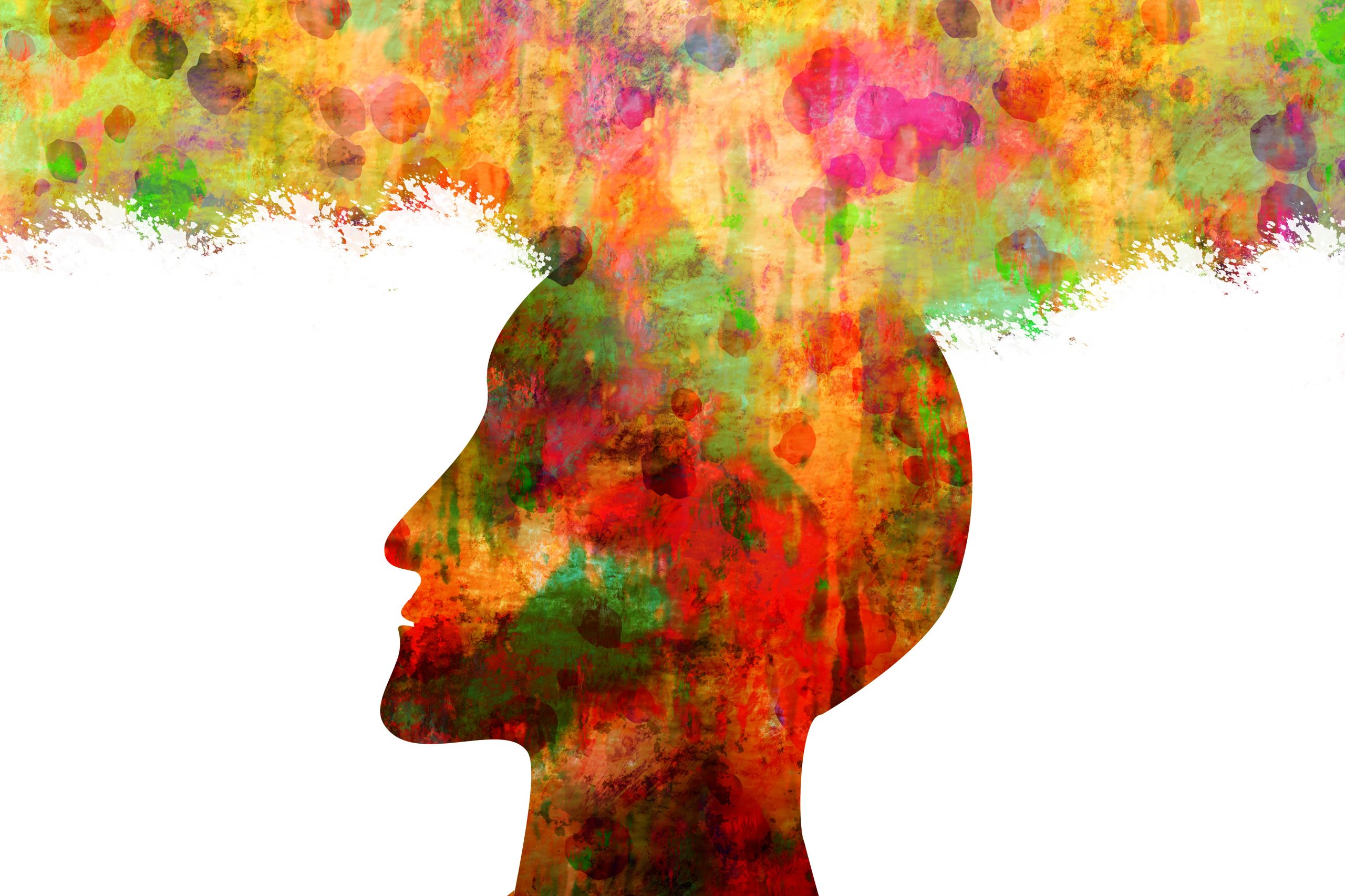
The Power of Emotional Intelligence
How mindfulness and Emotional Intelligence work together to inform a broader picture
Emotional intelligence, or EQ, has become increasingly popular in recent years. Emotional Intelligence is the ability to recognize, understand, and manage one’s own emotions, as well as the feelings of others. It includes regulating one’s emotions, maintaining empathy and compassion for others, and developing meaningful interpersonal relationships.
Mindfulness is a mental state of being that focuses on the present moment rather than dwelling on the past or worrying about the future. It can help reduce stress, increase self-awareness, and enhance emotional intelligence.
Relationship between EQ and Mindfulness: Emotional intelligence and mindfulness share a common bond that can be explored in developing a connection with oneself and others. Emotional intelligence involves recognizing and managing one’s own emotions, as well as other people’s emotions. At the same time, mindfulness enables one to be aware of one’s feelings, reactions, and responses and respond appropriately.
Both emotional intelligence and mindfulness require self-awareness and the ability to be present at the moment. To develop emotional intelligence, one must identify and understand one’s feelings, thoughts, and behaviors to manage them better. Mindfulness can help us become more aware of our emotions and reactions and enables us to choose how to respond. Mindfulness also cultivates compassion and understanding towards ourselves and others.
By practicing mindfulness and emotional intelligence together, we can create a better understanding and healthier relationship with ourselves and those around us. Mindfulness can help us develop self-awareness and improve our ability to recognize and manage our emotions, while emotional intelligence allows us to build solid relationships and empathize with others. Combining these two skills can help foster healthy and meaningful relationships.
Emotional intelligence and mindfulness are closely related and share many overlapping qualities. By understanding and learning to cultivate both skills, we can gain a greater awareness of our feelings, reactions, responses, and the emotions of the people around us, allowing us to better relate to each other and create secure and meaningful relationships.
Mindfulness practices aid practitioners in becoming more aware of their thoughts and feelings, allowing them to regulate their emotions in difficult situations better. It can also help them stay focused on the present moment rather than worrying about the future or ruminating on the past. This practice can help them remain calm and composed in stressful situations, such as when dealing with a patient in crisis.
Mindfulness can also help healthcare professionals become more compassionate towards themselves and others. By being mindful of their thoughts and feelings, they can better understand the emotions of their patients and provide more effective care. This can lead to improved patient outcomes and greater satisfaction for providers.
Mindfulness is an excellent tool for healthcare professionals to manage stress and the impacts of working with trauma. By taking time out of their day to practice mindfulness, they can become more aware of their thoughts and feelings, better regulate their emotions in difficult situations, and foster compassion towards themselves and others. Mindfulness is an invaluable tool for healthcare professionals that can lead to improved patient outcomes and greater job satisfaction.


